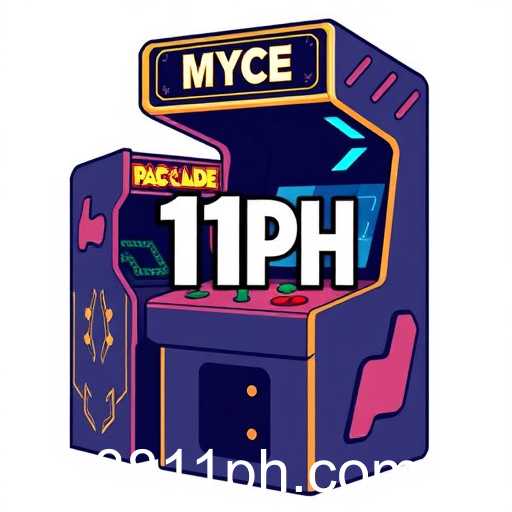As the global landscape continues to evolve with rapid technological advancements, the synergy between gaming cultures and education systems has become increasingly apparent. In 2025, this connection grows stronger, offering both challenges and opportunities for society.
The gaming industry has consistently been at the forefront of innovation, with trends indicating a significant rise in the integration of gaming principles within educational frameworks. Platforms previously viewed solely as recreational are now being harnessed for their potential to enhance learning experiences. For students, games provide an engaging yet educational platform, promoting critical thinking and collaboration.
Moreover, educational institutions are beginning to leverage virtual reality and gamification techniques to capture the interest of digital-native learners. These methods not only foster a more interactive learning environment but also cater to various learning styles, making education more inclusive.
However, this convergence of gaming and education is not without its complexities. Critics raise concerns about the over-reliance on technology, questioning the implications on students' cognitive development. There is a need for balanced integration to ensure that educational objectives are met without compromising essential life skills or causing digital fatigue.
In conclusion, the role of gaming in education is a dynamic element of cultural integration and technological advancement. As educators and game developers continue to collaborate, the future of learning could witness transformative shifts. Citizens, policymakers, and educators must navigate these changes with a critical yet open mindset, ensuring the positive potential of gaming is fully realized in educational settings.








